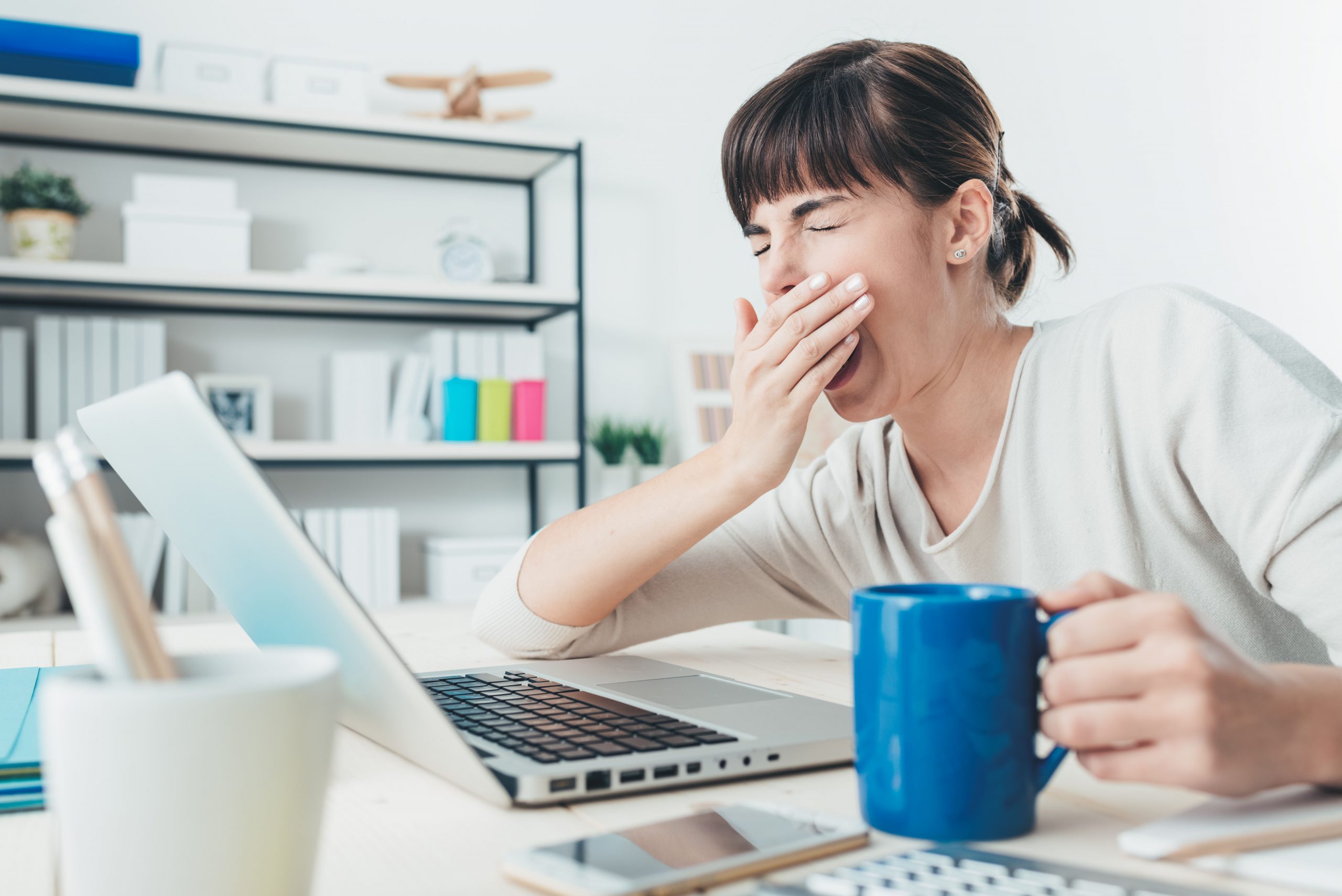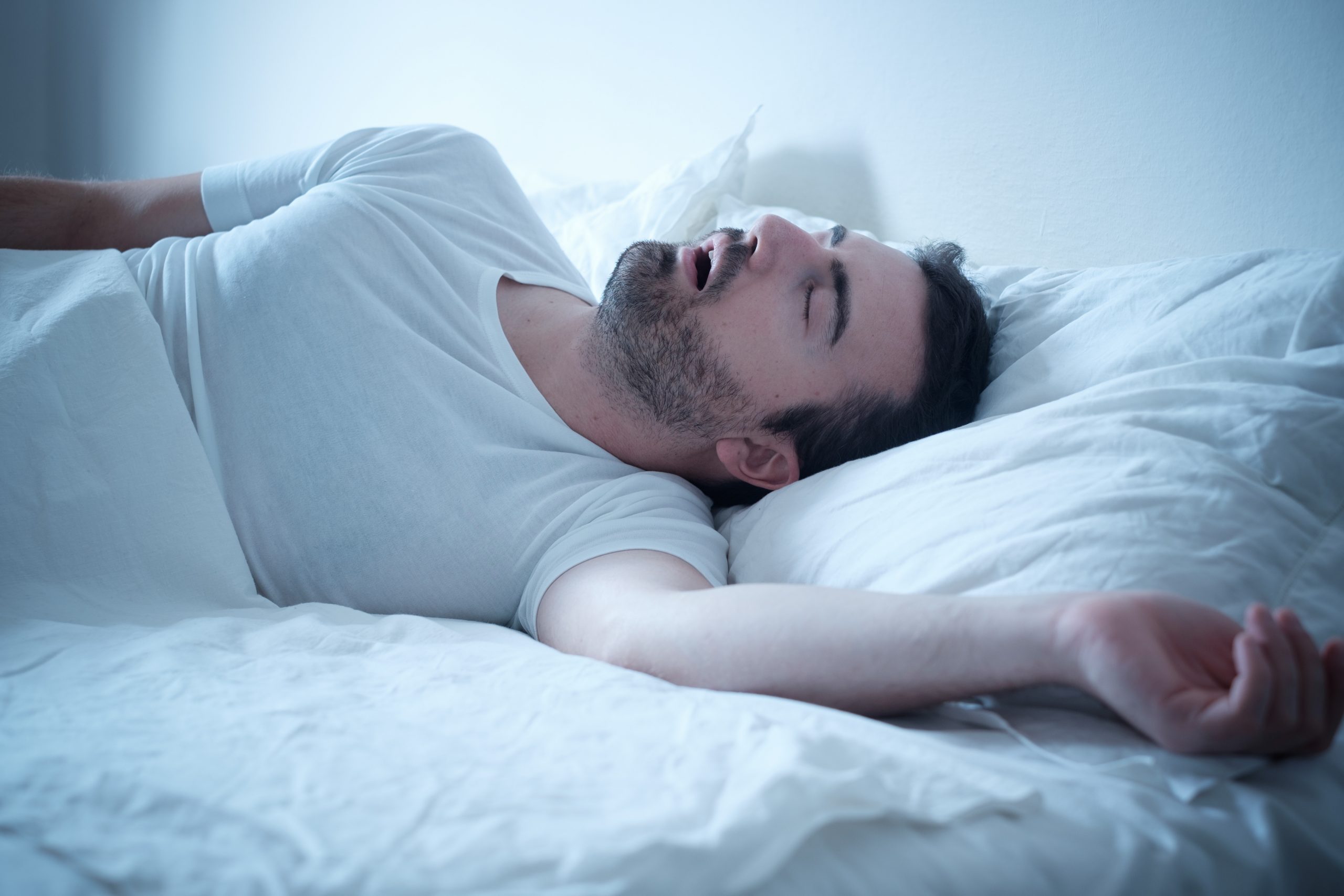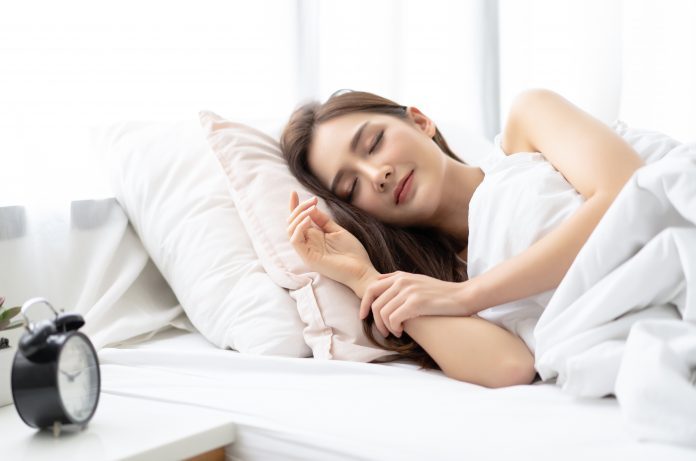Four hours, maybe five. Yeah, I can operate on that.
Sleep is for the weak and the idle of mind, I thought.
For many years, this was my refrain.
It started with having three babies close together and taking on night shifts in a newsroom to maximise my time with them in their pre-school years. I would get home three hours before they rose, full of beans, to greet the dawn.
Sleep: it’s for the lazy, I would reason to get myself by.
The years ticked on and sleep simply was not a priority as I took on extra paid work, voluntary positions and threw myself into physical exercise, all of which were completed after the regular day was done or before the next one started.
It was my badge of honour: life is short so I will sleep when I am dead, I would say (with a little nod to Bon Jovi).

Every now and then, I fell over, of course. I would get very sick or I would fall into a sleep so thick and deep it was as if I was, in fact, dead.
But sleep and I did not get along.
Then I saw the light. My son gave me a book called Why We Sleep, and it was as a switch flicked.
I know now that sleep is as essential to health as air and food: we can get by with poor quality versions of both, but we are never going to operate at max capacity.
Sleep is a need, not a want.
Sleep has remained one of the last great biological mysteries and Why We Sleep author Professor Matthew Walker contends that society’s apathy towards it has been caused by the historic failure of science to explain simply why we need it.
But Professor Walker found every major organ and process within the brain is optimally enhanced by sleep.
This also means we are detrimentally impaired when we do not get enough. And so many do not get enough, seeing sleeping well at night as a luxury and napping now and then during the day as lazy.

A Federal Parliament inquiry into sleep health in Australia resulted in a report in 2019 – charmingly called Bedtime Reading – that found four in 10 Australians are regularly not having enough quality sleep.
Do you have an opinion to share? Submit a Letter to the Editor with your name and suburb at Sunshine Coast News via: news@sunshinecoastnews.com.au.
For some people this is due to a clinical sleep disorder, but for many it is because of work patterns and lifestyle pressures.
The use of digital devices and electronic media late in the evening has been repeatedly linked to disrupted sleep and the concern about the kick-on effect in the health of our young is now a ringing alarm bell.
Regular inadequate sleep has significant health impacts and has been associated with an increased risk of developing obesity, diabetes, cardiovascular disease and cancer. In addition, adequate sleep is essential for mental wellbeing and inadequate sleep has been linked to increases in depression and dementia.
That’ll do me – and Shakespeare, apparently, who wrote in Macbeth: “Innocent sleep. Sleep that soothes away all our worries … Sleep, the main course in life’s feast, and the most nourishing.”
Jane Stephens is a USC journalism lecturer, media commentator and writer. The views expressed are her own.





